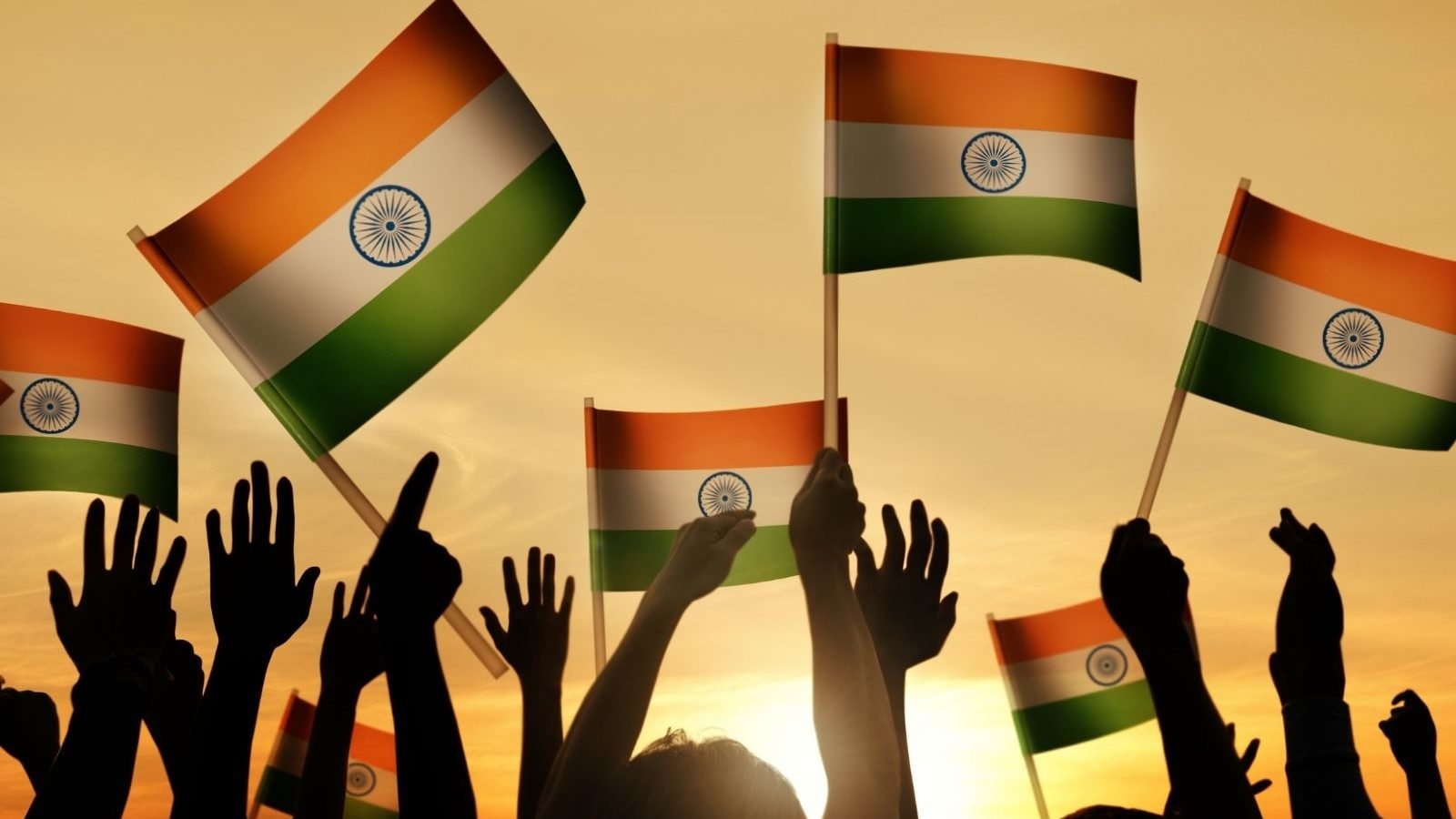Independence Day 2021: All You Need to Know about The Flag Code of India, 2002
The Flag Code of India, 2002 superseded the pre-existing Flag Code-India. The flag code of India is in effect from January 26, 2002 and has been divided into 3 parts. It is a compilation of all the laws, practices, conventions, instructions and guidelines governing the display of the National Flag. Part 1 lists the general descriptions of the flag while part 2 covers the aspect of display of the flag by the private and public organisations. Part 3 is devoted to the flag’s display by the State and Central Government and their agencies. Knowingly or unknowingly, citizens may violate the Flag Code. The Ministry of Home Affairs (MHA) issued an advisory to all the States and Union Territories to ensure strict adherence of the Flag Code on important national events.
- The flag should be rectangular in shape. The length to width ratio should be 3:2. Citizens must select an appropriate size for display from the various standard sizes prescribed by the Flag Code.
- The flag must not be used for commercial purposes.
- The flag should not be doubled as a part of costume or uniform. It should not be embedded on any dress material.
- The flag should not be lowered to salute any person.
- Any kind of lettering should not be put on the flag.
- It should not be deliberately displayed with ‘saffron’ down.
- A flag, if damaged or dishevelled, should not be used.
- The flag should be displayed only from sun-rise to sun-set.
- The flag should not be draped over a speaker’s platform and should not be used to cover a speaker’s desk.
- It should be flown on important public buildings only such as High Courts, Commissioners’ Offices, Secretariats, Collectorates, Municipalities and Zilla Parishads, Jails and offices of the District Boards, and Departmental/Public Sector Undertakings.
- The use of plastic flags is not allowed because plastic flags are not biodegradable and do not get decomposed for a long time. Paper flags can be used by the public and such flags should not be discarded on the ground after the event. They should be disposed of, in private, consistent with the flag’s dignity.
- The privilege of flying the flag on motor vehicles is limited to the:PresidentVice-PresidentGovernors and Lieutenant GovernorsHeads of Indian Missions/Posts abroad in the countries to which they areaccreditedPrime Minister and other Cabinet MinistersMinisters of State and Deputy Ministers of the UnionChief Minister and other Cabinet Ministers of a State or Union TerritoryMinisters of State and Deputy Ministers of a State or Union TerritorySpeaker of the Lok SabhaDeputy Chairman of the Rajya SabhaDeputy Speaker of the Lok SabhaChairmen of Legislative Councils in StatesSpeakers of Legislative Assemblies in States and Union territoriesDeputy Chairmen of Legislative Councils in StatesDeputy Speakers of Legislative Assemblies in States and Union territoriesChief Justice of IndiaJudges of Supreme CourtChief Justice of High CourtsJudges of High Courts.
Read all the Latest News, Breaking News and Coronavirus News here
For all the latest lifestyle News Click Here

